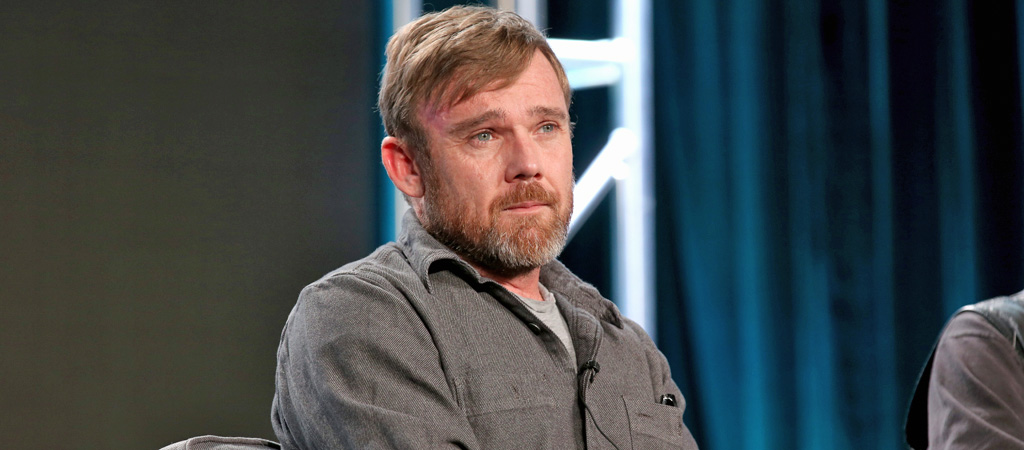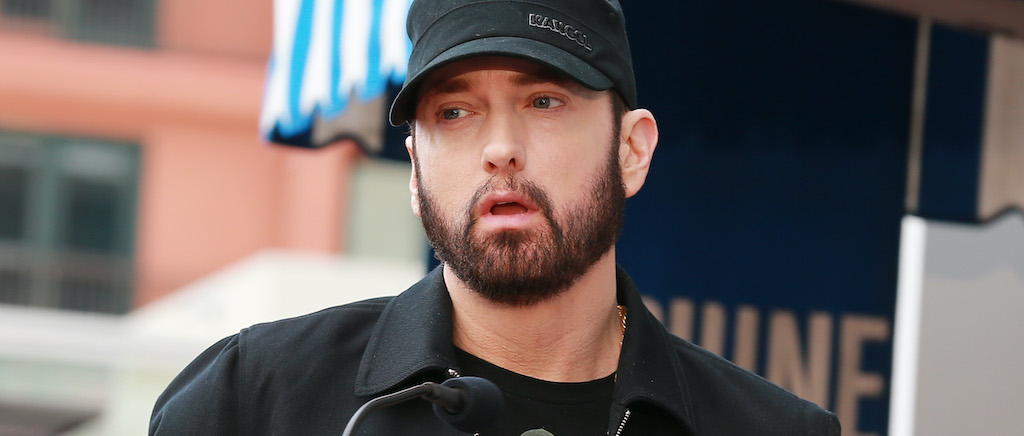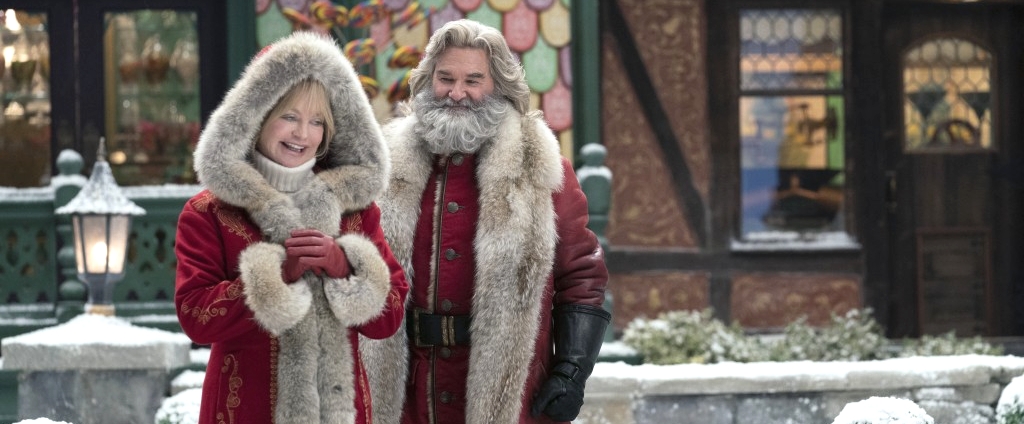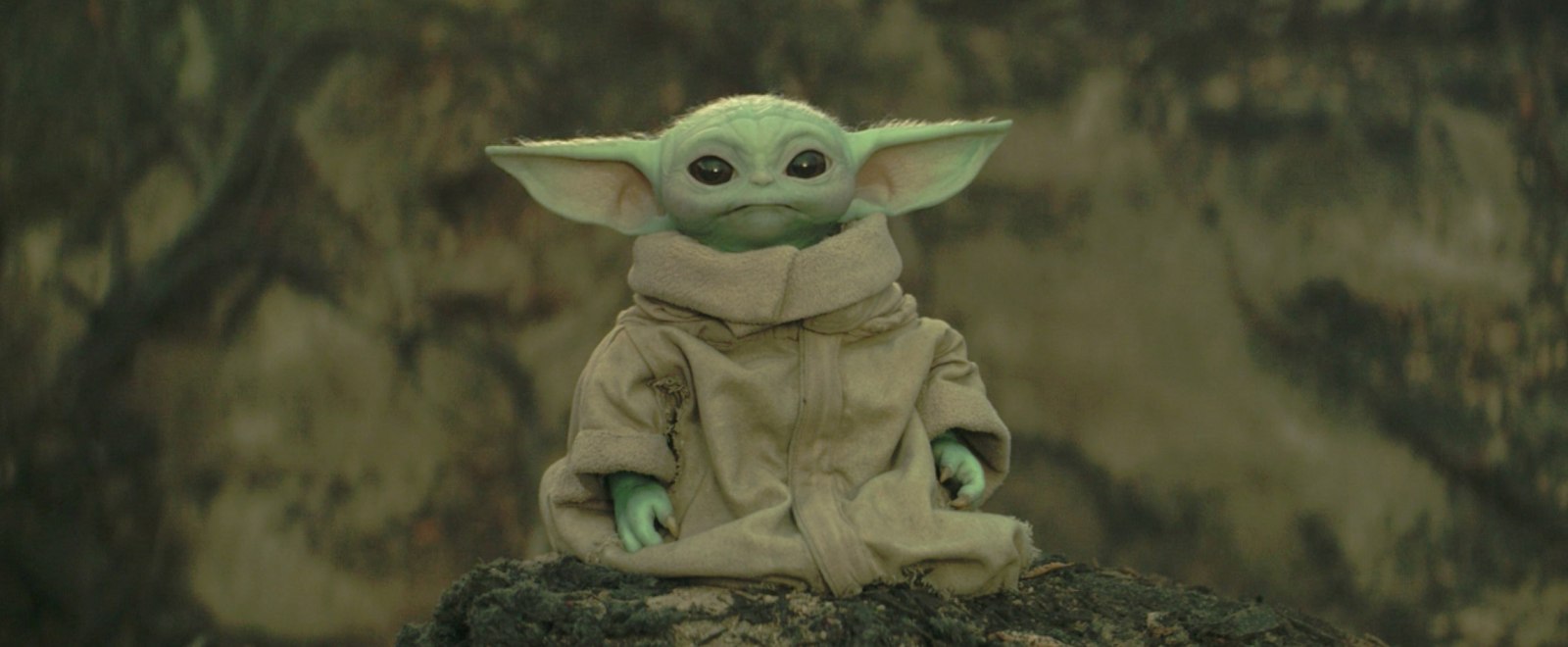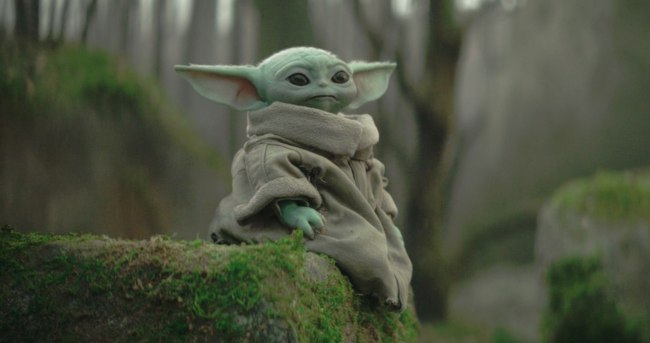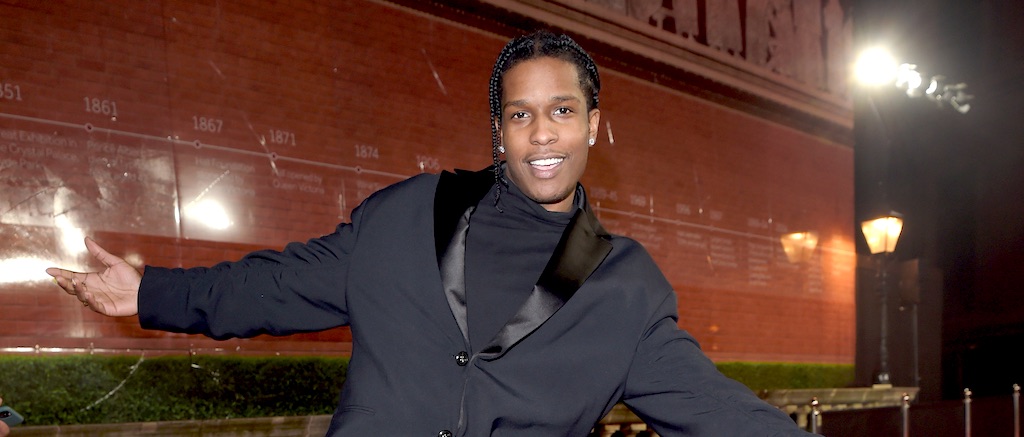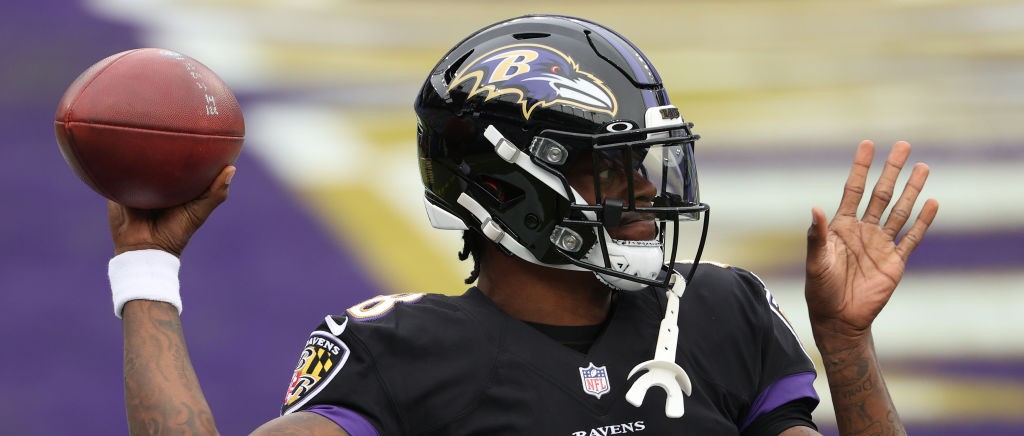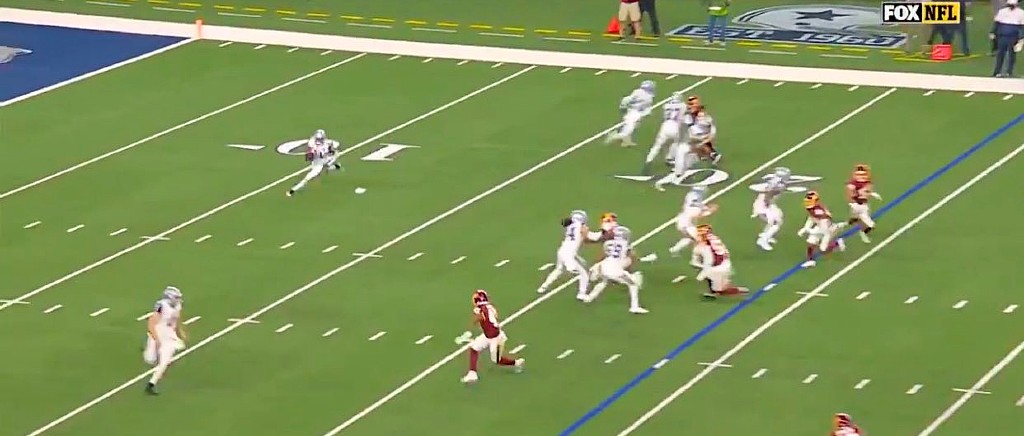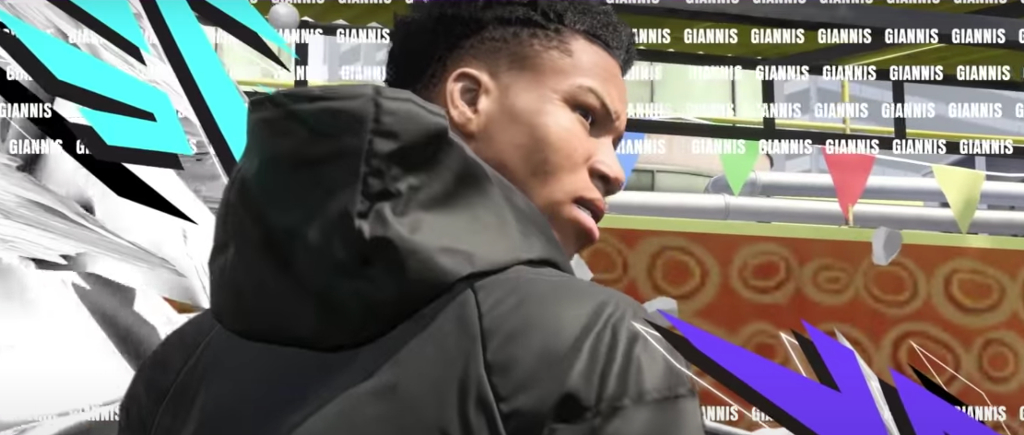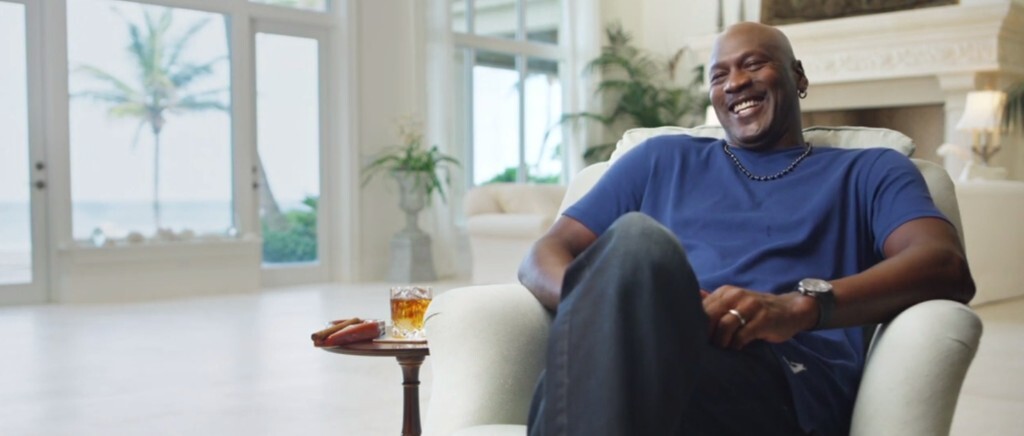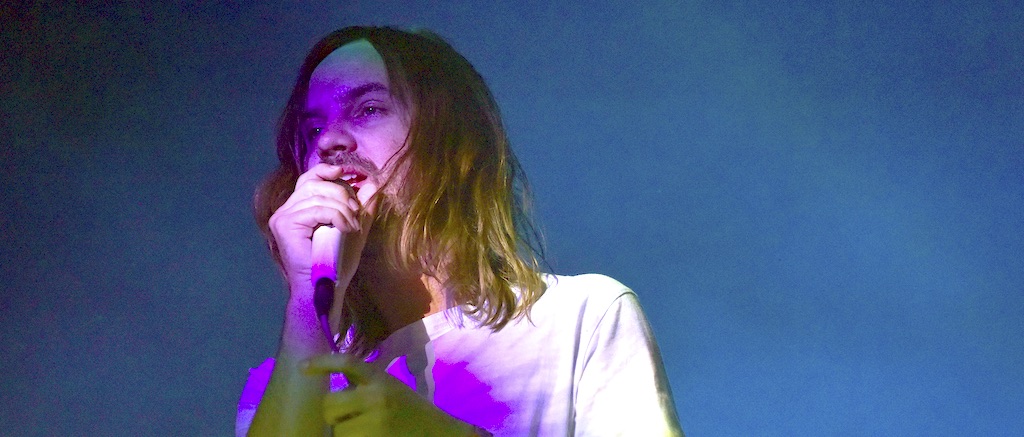
Over the course of ten years, Tame Impala’s Kevin Parker transitioned from playing local shows in his Perth, Australia hometown to selling out stadiums and performing headlining sets at major festivals across the world. But because the pandemic threw off tour plans behind his recently released album The Slow Rush, Parker is possibly looking to return to his DIY roots.
Parker spoke about what he has in store for next year in a recent interview with Australia paper The Sydney Morning Herald. “I miss those smaller shows, those sweaty, intimate shows – it’s a vibe that can’t be replaced,” he said. “It’s not the same in an arena or a stadium. This year has been all about having a good excuse to do something you wouldn’t normally do so if it’s an excuse to do some smaller shows, I would love that.”
Elsewhere in the interview, Parker also clarified whether Tame Impala is considered a band or a solo project. “The music sounds like a band, which I guess has always been the source of confusion for people,” Parker said. “For all intents and purposes, I am a solo artist – I make music in my studio by myself and I bring it to the world. […] I am extremely fortunate that I have found my confidence and I can stand behind my music myself and say I made this.”
Ahead of his interview, Parker found out he was nominated for two Grammy Awards this year. The musicians is up for Best Rock Song for his The Slow Rush track “Lost In Yesterday,” as well as Best Alternative Music Album.
The Slow Rush is out now via Modular. Get it here.

